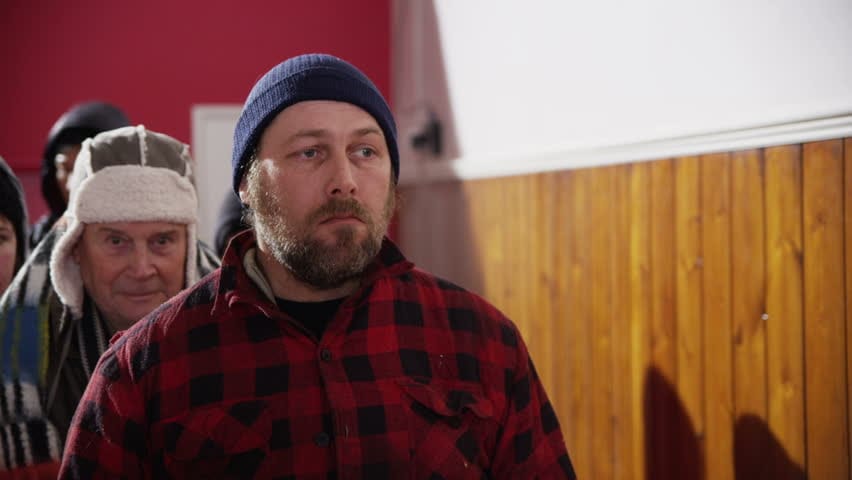KJIPUKTUK (Halifax) – Just within the past week or so I attended a training program where I met four fellow Income Assistance recipients.
On the paperwork we had to fill out, these income assistance recipients were not able to provide the names and contacts of an emergency contact.
I have talked many other people on social assistance in the community who also tell me they worry about what to do in that situation.
It is well known that when you fill out forms and applications, whether it is for going back to school, employment or to register for volunteer work, they often ask you to list “someone who can be contacted in case of an emergency.”
Let’s say you were in your job at the food bank, or at the soup kitchen/drop-in where the poor gather, or at school or at a training program, or even in your apartment, wouldn’t it be nice to have someone in your life who cares about you enough that they would want to be contacted in case of an emergency?
This is hardly ever a problem for people who are better off. Typically they have relatives, partners or friends.
People on income assistance often aren’t so lucky, and face questions from Community Services if they want to have a relationship.
So anyway, here is how two out of the four social assistance recipients are planning to handle this situation.
One of them is planning to seek permission from the executive director of a drop-in he goes to to use their name and contact as their emergency contact.
Another person I met this week is planning to use his MLA as his contact.
Both of them have said to me “we do wish we did not have to resort to that for having an emergency contact. However, we feel we have no choice, because we do not have good relationships with our families and we are single due to the cohabitation policies of Community Services.”
And here is what the other two out of four had to say:
“We do not know who we can provide as our emergency contacts, because the only social contacts we have in the community are people we know only from standing in line at the food bank and we are not going to use their contacts. We are not friends with these people outside of seeing them there.”
Neither of the above four have good relationships with their families and they have limited social contacts.
The main message to get out in this story is “everyone regardless of income level or income source they live on should have the opportunity to provide an emergency contact when they are in a situation where they need one”.
I want to end this story by saying, “learning about this story made me realize how lucky I am by having people in my life who I can use as an emergency contact even though my situation is what it is.”
Kendall Worth is a tireless anti-poverty activist who lives with disabilities and tries to make ends meet on income assistance.
If you can, please support the Nova Scotia Advocate so that it can continue to cover issues such as poverty, racism, exclusion, workers’ rights and the environment in Nova Scotia. A paywall is not an option for us, since it would exclude many readers who don’t have any disposable income at all. We rely entirely on the kindness of occasional one-time donors and a small group of loyal monthly sustainers.




